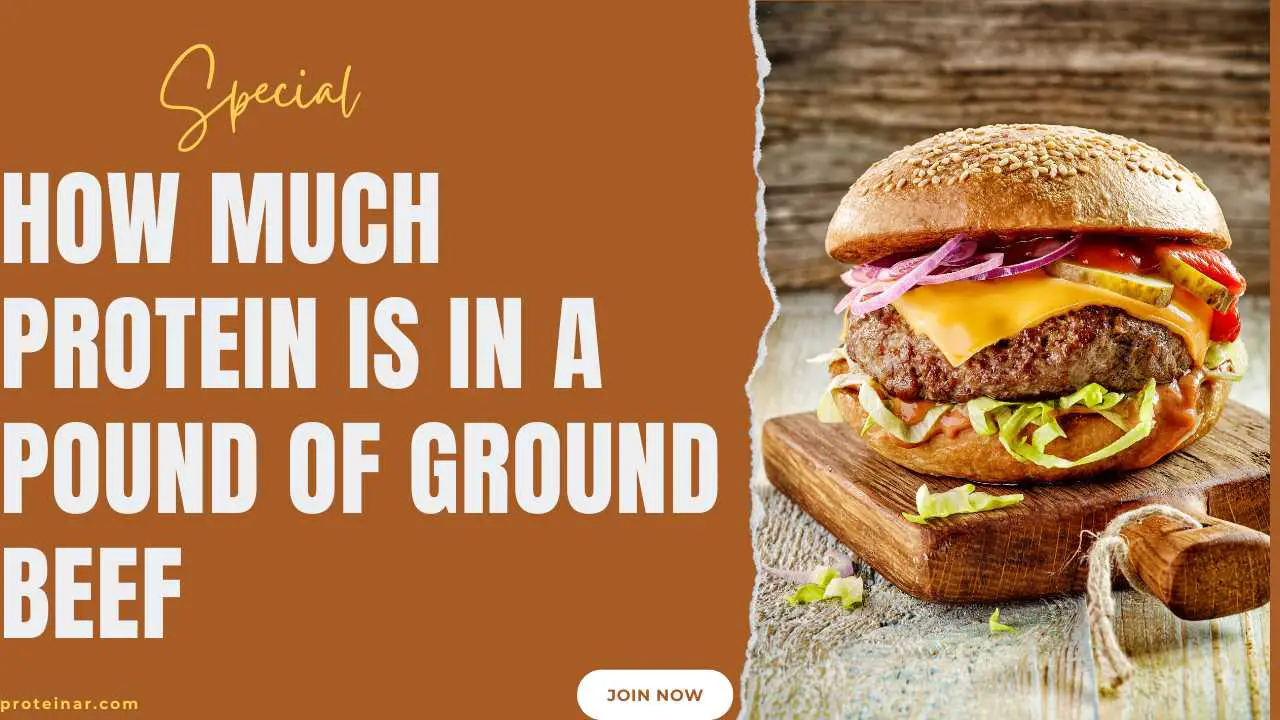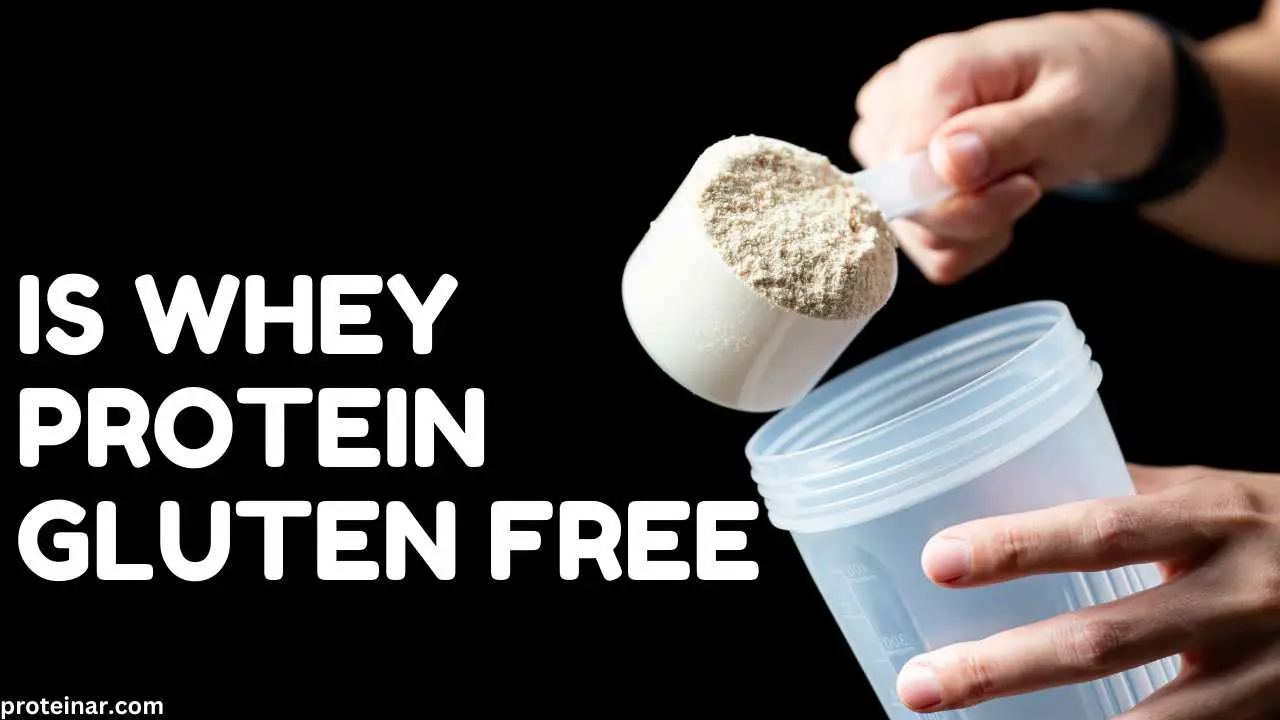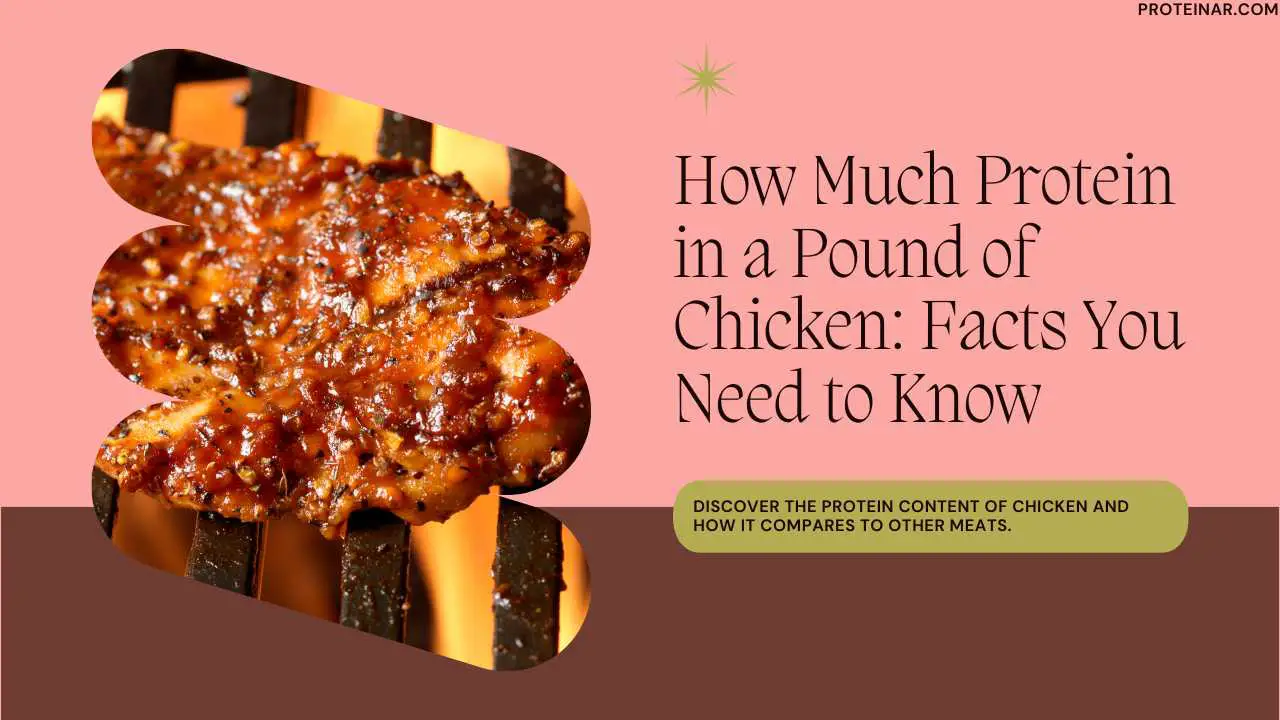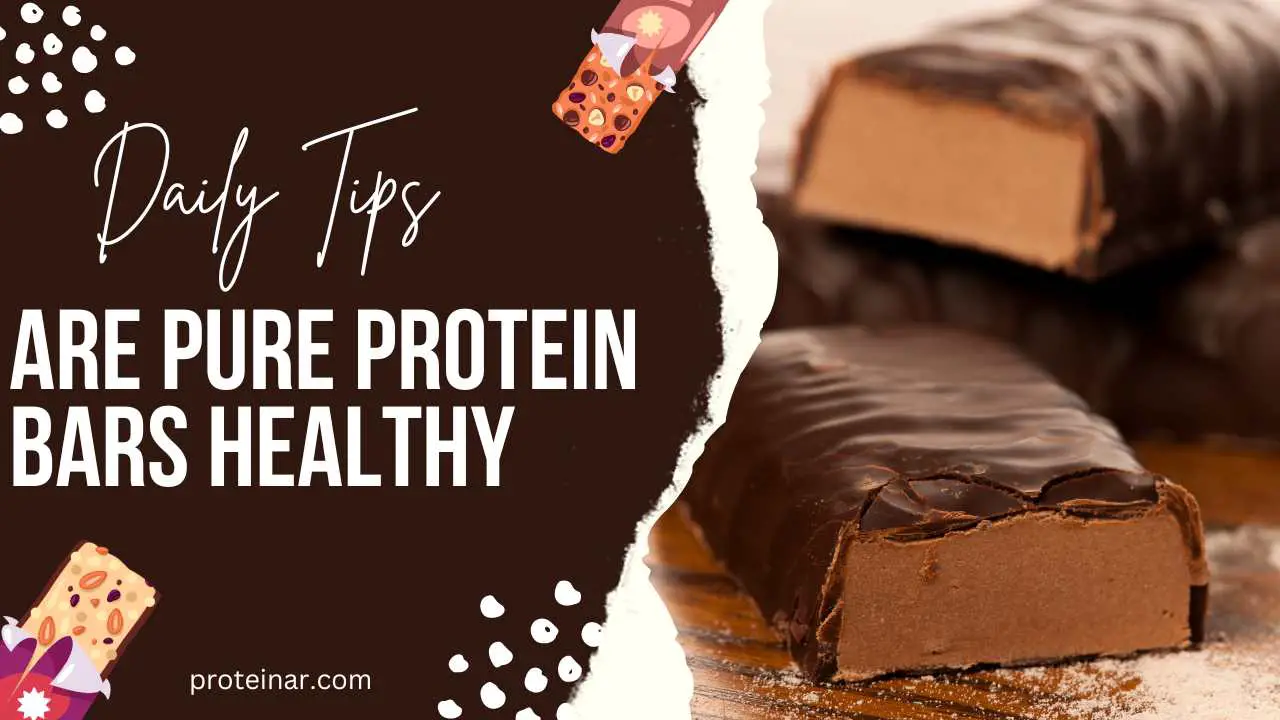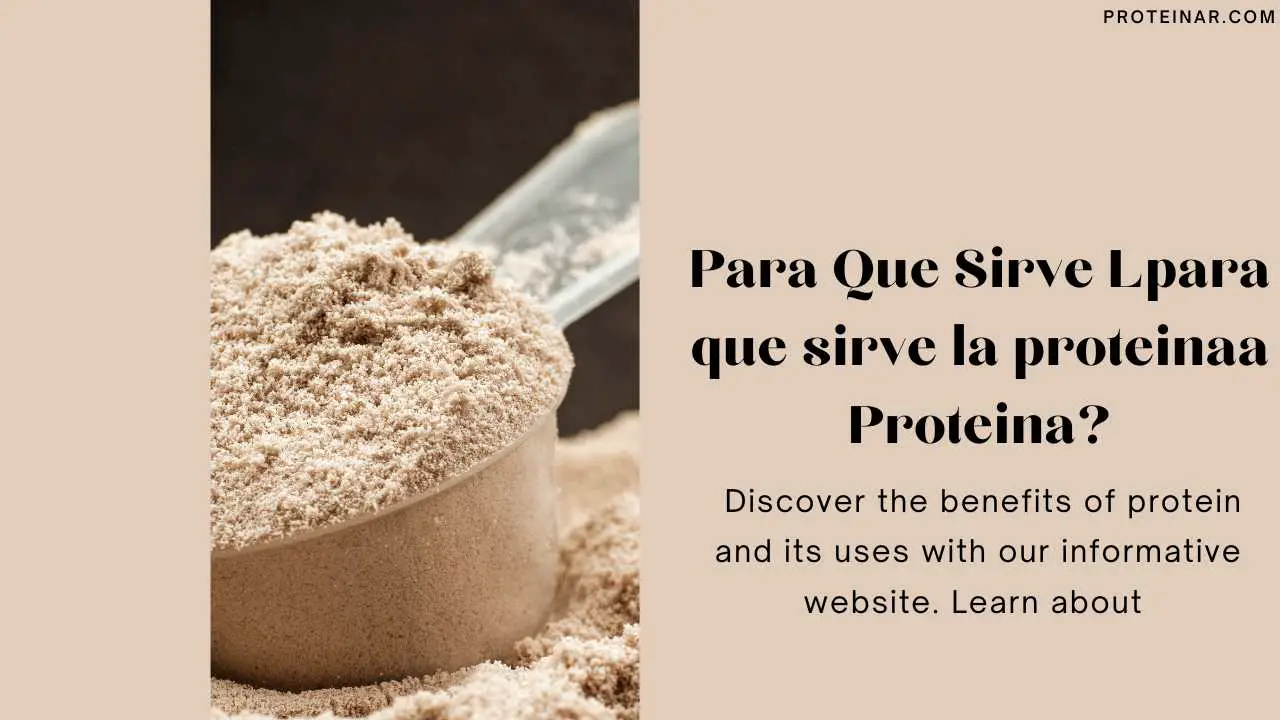Is Whey Protein Vegan: Unleash Plant Power
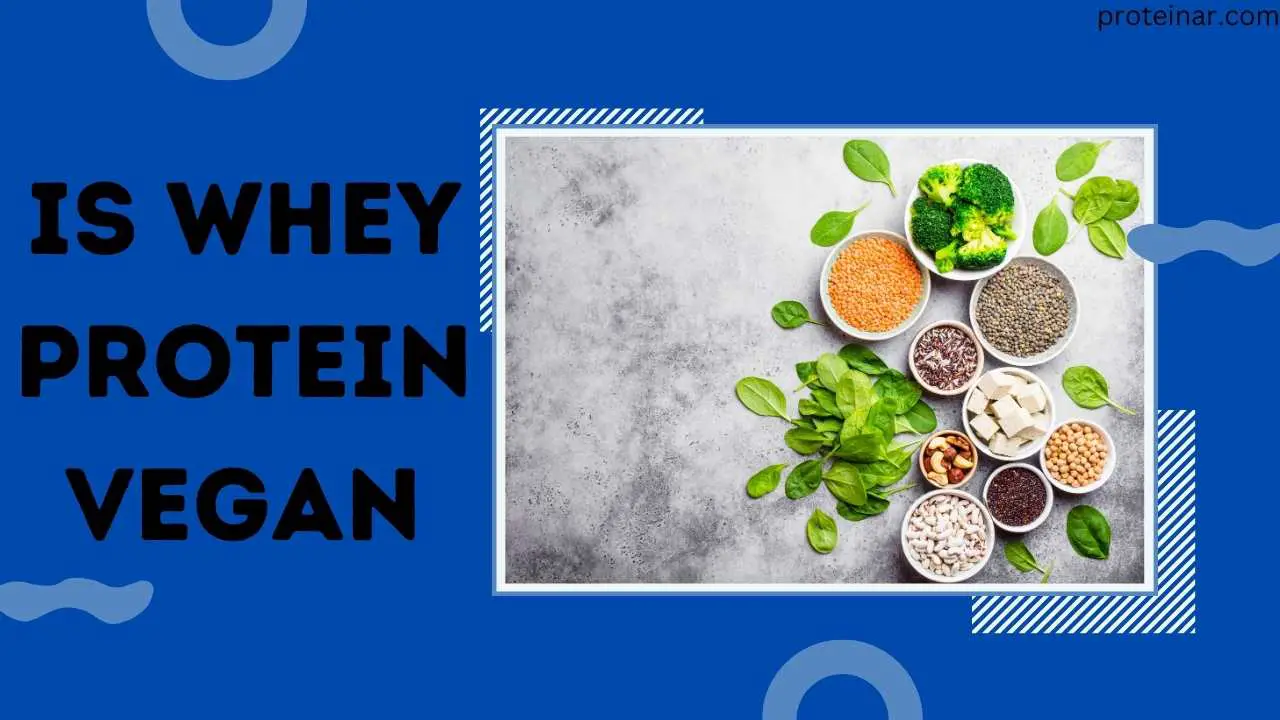
Delve into the world of whey protein and its vegan suitability on our website. Gain valuable knowledge about the vegan perspective on whey protein and make informed choices.
Is Whey Protein Vegan
Does whey protein fit within the Is Whey Protein Vegan? Well, the answer is simply no. Whey protein is a popular supplement for muscle development. But it’s an animal product. It comes from milk and so isn’t suitable for vegans. Vegans are against any use of materials from animals. However, there are other plant-based proteins that you can use instead if you are a vegan athlete or a fan of fitness.
What Is Whey Protein?
Is Whey Protein Vegan a sort of protein supplement that comes from milk. When cheese is made, two parts are formed– curds and whey; whey being the liquid part of it. The processed powder high in its protein content is isolated and processed out of the liquid whey.
Some key points about Whey Protein
Whey protein falls under this category. It has all the essential amino acids that your body needs to repair and build muscle.
- Benefits: Athletes and persons with a great interest in fitness have found favor in this kind of supplement for muscular gain. It also helps people cut weight as they feel full faster as well as increasing their metabolic rates.
- Types: These include but are not limited to whey concentrate (most common), whey isolate (faster absorbing), and whey hydrolysate (pre-digested for quickest absorption).
- Compatibility: Most can take whew protein safely. However, some may get digestion disorders due to lactose. Some brands offer lactose-free whey isolates.
- Vegan Option: Since it comes from milk, which does not make it vegan, hence substitutes like soya, pea, or brown rice-based powders would work well.
Is Whey Protein Vegan?
This dilemma is derived from the fact that whey protein comes from milk, which is an animal product. A vegan lifestyle seeks to avoid animal products due to ethical reasons such as environmental factors, health, and so on. Thus, for many vegans, consuming milk-based products creates a moral dilemma. There are vegans who do not see ethical problems with including whey protein in their diet, while others feel that animal-derived plant proteins are better suited to them.
Knowing How Whey Protein is Made
To have a deeper understanding of the vegan conundrum surrounding whey protein, one has to examine the manufacturing process used. They remove water, lactose, and impurities from whey. This happens after its separation from curds during cheese production. It normally involves filtration step pasteurization and drying at this point. The resultant powder of the whey protein is then sold as a nutritional supplement.
What Animal Ingredients Are in Whey Protein?
Whey protein itself is not an animal-derived ingredient. It comes from milk, which naturally has proteins. But the process of extracting and purifying whey protein can sometimes involve some animal-derived ingredients:
Lactose: A type of sugar found in milk and therefore present in whey too. Lactose makes most WPCs unsuitable for lactose-intolerant vegans, whereas most WPIs contain very little lactose.
Enzymes: Some manufacturers may use enzymes from animals, such as rennet from cows’ stomachs. They use them to split whey from cheese curds during cheese making. This might be problematic for strict vegans who refrain from using any animal-derived products.
Refining Aids: In rare cases, manufacturers could use fining agents sourced out of animals when they are processing their whey proteins to eliminate foreign bodies. Although uncommon, this still poses another worry among vegans.
This is important to note
Search for Whey Protein that is Vegan: Some companies producing whey proteins have products specifically marked as vegan. These ones usually undergo processing, which does not involve animal enzymes and refining aids.
Check the ingredients. The list of any whey protein powder should be thoroughly inspected to ensure it meets your dietary needs. Look for labels that say “vegan friendly” or “lactose-free” if those are important considerations for you.
Vegan Alternatives: If you are strictly vegan and avoid all animal products, plant-based sources like soy, peas, rice, or hemp protein powders are excellent alternatives for protein.
Other Sources of Protein Besides Whey Protein That Can Be Used by Vegans
There are many alternative protein sources available for vegans who don’t want to use whey protein at all. As such, plant-based protein powders like pea, rice, hemp, and soy protein come in handy. These proteins are made from plants and they have a similar amino acid profile compared to whey proteins. For instance, legumes (beans), tofu/tempeh (soya beans), quinoa (pseudo-grain), and nuts offer dense sources of proteins useful in building muscle cells by vegan athletes.
How to Find Whey Protein Powders That Are Suitable for Vegans
Lactose-intolerant athletes can still use whey protein. But, they don’t want an allergic reaction from the milk in it. Now, they have options. For example, look out for vegan or plant-based labeled whey products amongst others. In particular, these do not contain additives sourced from animals and can be used by vegans. You will also find certifications like the Certified Vegan logo or Vegan Society’s cruelty-free symbol helpful in identifying goods that meet these standards.
Why Label Reading Is Important
Whey is a popular supplement, but navigating through the protein powder maze can be difficult. Here is why you must understand these labels and certifications when picking your whey protein:
Detail on the Label
Protein Contents: This one is essential above all else. Check the grams of protein per serving and see if it suits your needs. Look out for overrated protein content that includes non-protein components.
Ingredients: What are they? Search for pure whey proteins like whey concentrate, isolate, or hydrolysate as the main ingredient. Avoid those with too many fillers, sugars, artificial sweeteners, or thickeners.
Other Additives and Sweeteners: Whey protein might taste bland. However, while some flavors and sweeteners are acceptable there may be an excess of sugar used to mask its taste. In addition, sugar alcohols such as sorbitol or maltitol may cause bloating in certain people.
Lactose Content: Whey concentrate naturally contains lactose (milk sugar). If you’re lactose intolerant, go for hydrolysate or isolate versions of whey, which often do not have it.
Serving Size: Note the serving size given and how much protein is in it. Some brands could advertise high levels per scoop but actually have smaller than expected amounts of protein when consumed.
Certificates
Third-Party Certifications: Among these certifying bodies include NSF International, United States Pharmacopeia (USP), and Informed Choice. They check what goes into making a product. They look at its components, cleanliness, and forbidden substances, among other things.
Grass-fed/Organic: This means the cows ate grass or were from organic farms. This can be important to some who care about morals. It might also have more nutrients.
Why Labels and Certifications Should Be Read
Quality/Purity: Knowing what is contained therein assures prospective buyers that they will get whey protein that is clean and free of adulterants.
Informed Choices: Referring to the content of lactose, sugar, and artificial sweeteners in a product can help you decide what is best for you according to your dietary needs and preferences.
Third-party certifications provide assurance. They show that the product is safe and free of banned substances.
Debunking common misconceptions about whey protein and veganism
Whey vs. Vegan: Clearing Up the Confusion
Whey protein, as well as veganism, could be confusing subjects; this is why we are going to break it down in order to debunk some of these common misconceptions:
Myth #1: Whey Protein is Vegan
Busted: So, whey protein comes from whey, a watery by-product of cheese making obtained from cow’s milk. Vegans avoid any animal products, including milk and its derivatives, thus making whey protein a NO–GO-ZONE.
Myth #2: Vegans Can’t Get Enough Protein
Busted: Plant-based proteins come from numerous sources! The different plant-based proteins include soy, pea, brown rice, hemp or quinoa among others which are all great sources of protein. Some like soy even have all nine essential amino acids therefore referred to as complete proteins.
Myth #3: Whey Protein is Always Superior
Busted: Both types of powders – plant-based powder and whey – have their advantages and disadvantages.
Is Whey Protein Vegan
Pros: It’s a complete source of proteins with high BCAA (leucine-isoleucine-valine) contents. These are the amino acids needed for muscle growth. They work together, so they are essential in human nutrition.
Cons: Cow’s milk harms lactose-intolerant people. It can cause digestive issues. Milk from factory farms may also contain hormones or antibiotics.
Plant-Based Protein
Pros: A suitable option for vegans; easily digestible, and some of them contain fiber and essential minerals.
Cons: Some types are incomplete plant proteins with respect to amino acid composition; they have less BCAA content compared to whey protein and are not as affordable or convenient as whey protein.
Myth #4: All Whey Protein Makes You Bulky
Busted: Whey protein can help your muscles grow. But there are other factors to consider. To gain a lot of muscle, you need intense workouts and more calories. Furthermore, whey protein plays a key role in weight loss through hunger reduction and boosting metabolism.
The Takeaway
Vegans can achieve their protein needs through a variety of plant-based sources and protein powders.
Also, this decision will depend on the flavor you prefer for your powder, the amount of proteins you need for your bodybuilding process, or the amino acids your muscles lack.
A balanced diet has many protein sources. It’s important for everyone, vegan or not.
Vegan protein sources and their benefits
While many athletes and fitness enthusiasts choose to use whey, vegans looking to boost their levels of this nutrient have a number of options when it comes to sourcing plant-based varieties. In this article we’ll take a closer look at some vegan substitutes for this product:
Vegan Protein Sources
Soy Protein
- Soy Protein Powder
- It contains nine essential amino acids; therefore, it is said to be a complete protein.
- It’s cheap
- Sometimes, it causes digestive discomfort or bloating.
Pea Protein
Pea Protein Powder
- It does not cause allergies; hence, it is hypoallergenic.
- Abundant in ‘branched-chain’ (BCAA) which plays an essential role in promoting muscle repair as well as regeneration.
- It has less total protein than other ones.
- Brown Rice Protein:
- Brown Rice Protein Powder
- Being natural, it is a vegan-friendly option.
- Fibrous and has good tolerability.
- It is not complete by itself but can be added to other plant proteins for complete amino acid profiles.
Hemp Protein
Hemp Protein Powder
Has great amounts of essential fats, which are useful for our organisms in many ways, and contains a sufficient amount of fiber.
However, they all have lower levels of these acids compared to some other sources.
It’s less available and affordable than other vegetarian variants.
Quinoa
This means that quinoa provides all the amino acids necessary for tissue growth and repair.
- A good source of fiber, iron, and magnesium.
- It’s not as simple as protein powders and must be cooked.
Advantages of Whey Protein vs. Plant-Based Protein
Whey Protein
Pros: Complete protein, quickly absorbed, high BCAA content.
Cons: Non-vegan, can cause intolerance in people with lactose intolerance, might have hormones or antibiotics if it is from factory-farmed animals.
Plant-Based Protein
Pros: Vegan, mostly easily digested; some are loaded with fiber and other essential nutrients.
Cons: Some are incomplete proteins by themselves. They have lower BCAA levels than whey protein. They may not be as affordable or convenient.
What to Remember
While there may be a few perks to using whey protein, vegans should look to many plant sources for their daily intake of proteins. When selecting which plant-based protein powder you want to use, consider your taste preference, your desired protein content, and its amino acid profile. You need to experiment with different options until you find what suits you.
Credit: Myprotein
Frequently Asked Questions
Can vegetarians take whey?
Yes, they can consume dairy products, so the question of whether they should consume dairy products is a yes for lector vegetarians.
Can vegans eat whey isolate?
Whey isolate comes from milk hence it cannot be called vegan. Therefore it is advisable for vegans to go for plant-based protein powders instead.
Are there any side effects of consuming whey protein by vegans?
Vegans don’t have side effects from whey. But, it can cause diarrhea in those with lactose intolerance or a dairy allergy. They should not eat this kind of protein.
Conclusion: of Is Whey Protein Vegan
In conclusion, the issue faced by vegans about whether to adopt or drop Is Whey Protein Vegan results form-based derivation,i.e., milk. By adding way into their diet, some vegans choose to keep in line with their code, while other individuals select vegan protein alternatives. Vegans should thus read labels and check for certification. They should also explore many protein sources.
This will help them make informed choices as athletes or consumers. This includes understanding how things are made, finding vegan brands, and learning the benefits of using plant-based proteins. It also means considering the ethical concerns that vegans have about getting protein.

